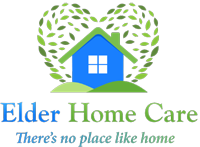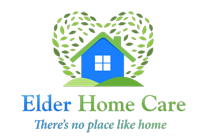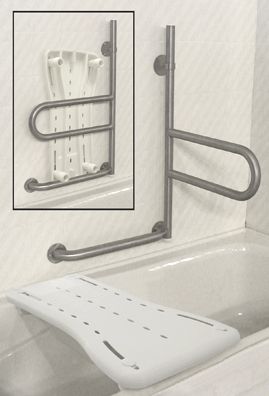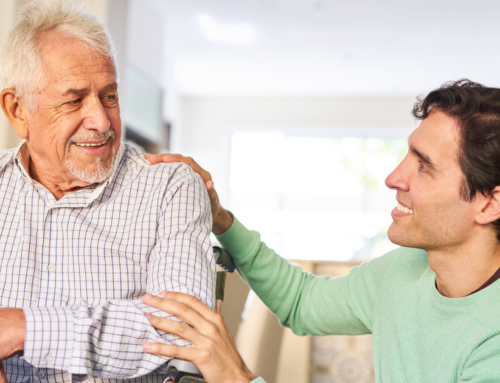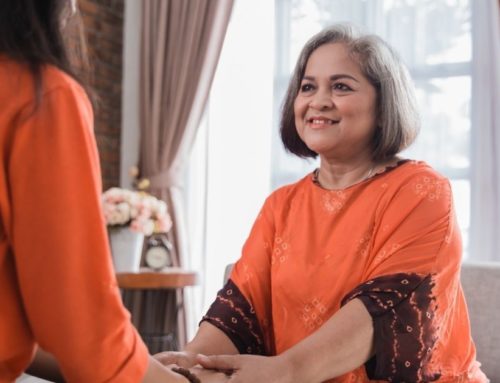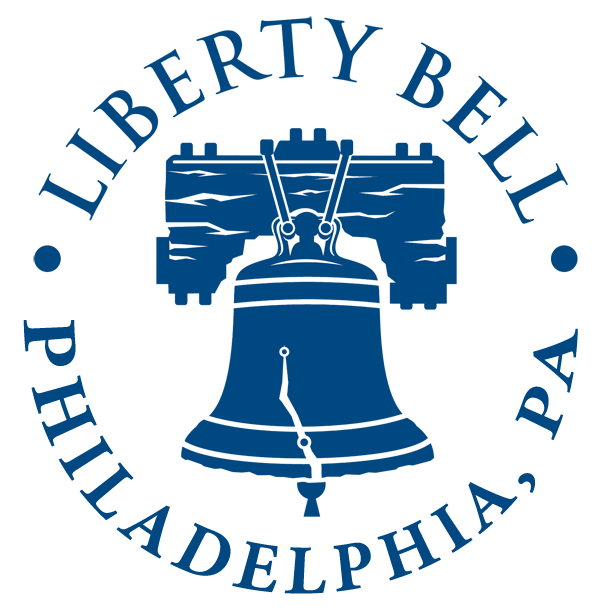Aging parents comes with many challenges, such as not having the same physical strength to move around and do chores. Many seniors who opt to stay in their own homes will need to make home modifications to help make things easier with at-home senior care.
Home Modifications Necessary for the Elderly Care
Below are four modifications as part of your at-home elderly care that will assist:
1. Wheelchair Ramps
One of the biggest challenges of old age is mobility. Caring for seniors at home means includes preparing your home space to make it friendly for the elderly with mobility challenges. One option is to install a wheelchair ramp in your home, so it is easier to take the elderly in and out of the house, especially in case of medical emergencies.
Be sure that you hire modification experts when adding ramps, preferably someone who has worked with home health agencies or senior home care services. You do not want the ramp to be too steep as it can be difficult to travel up and down. Experts recommend slopes of 1:20, 1:15, or 1:18 for wheelchairs. Be sure there are handrails, guard rails, and balusters for added safety.
2. Walk-In Showers
Bathrooms have higher chances of accidents due to slippery surfaces and slick counters. You may need to replace your bathtubs and add a walk-in showers to your home. This will lower the risk of falling.
In addition, we suggest a number of other safety features for walk-in showers that are essential for home health care. For example, adding grab bars around the shower as well as replacing the floor with a slip- resistant material will help seniors feel safer. Furthermore, if you seniors who struggle with balancing themselves, include shower seats in your bathrooms.
3. Medical Alert Systems
The thought of medical emergencies while you are away from home, is stressful and potentially takes your peace of mind away. A medical alert system ensures that your aging parents receive quick medical support in case of an emergency. There are different types of medical alert systems available which serve as a good alternate to 24-hour home care. For example, you can have a fall detection system that is mostly installed in a pendant or as an app on the smartphone. These systems monitor seniors and, in case of emergencies, reach out to pre-set contacts. Once the system detects an emergency, it connects with the pre-set contacts and gets the medical help needed. There are also two-way speakers that establish direct communication between the patient and the emergency contact.
4. Auto-Sensor Nightlights
Auto-sensor nightlights are a nice to have for at-home elderly care. It helps prevents falls that are common when seniors wake up at night and go to the bathroom. It is great for visually impaired people who find it difficult to look for switchboards. These sensor lights detect motion and switch on when observing an activity. It also saves unnecessary energy consumption. In-home care for the elderly requires some changes in your home to accommodate the limitations of getting older.
We know you have many questions about senior home care. Explore what we are doing and sharing as we help aging parents continue to live in their own home safely and comfortably. Visit us at www.ehcus.com to learn more how we can assist.
